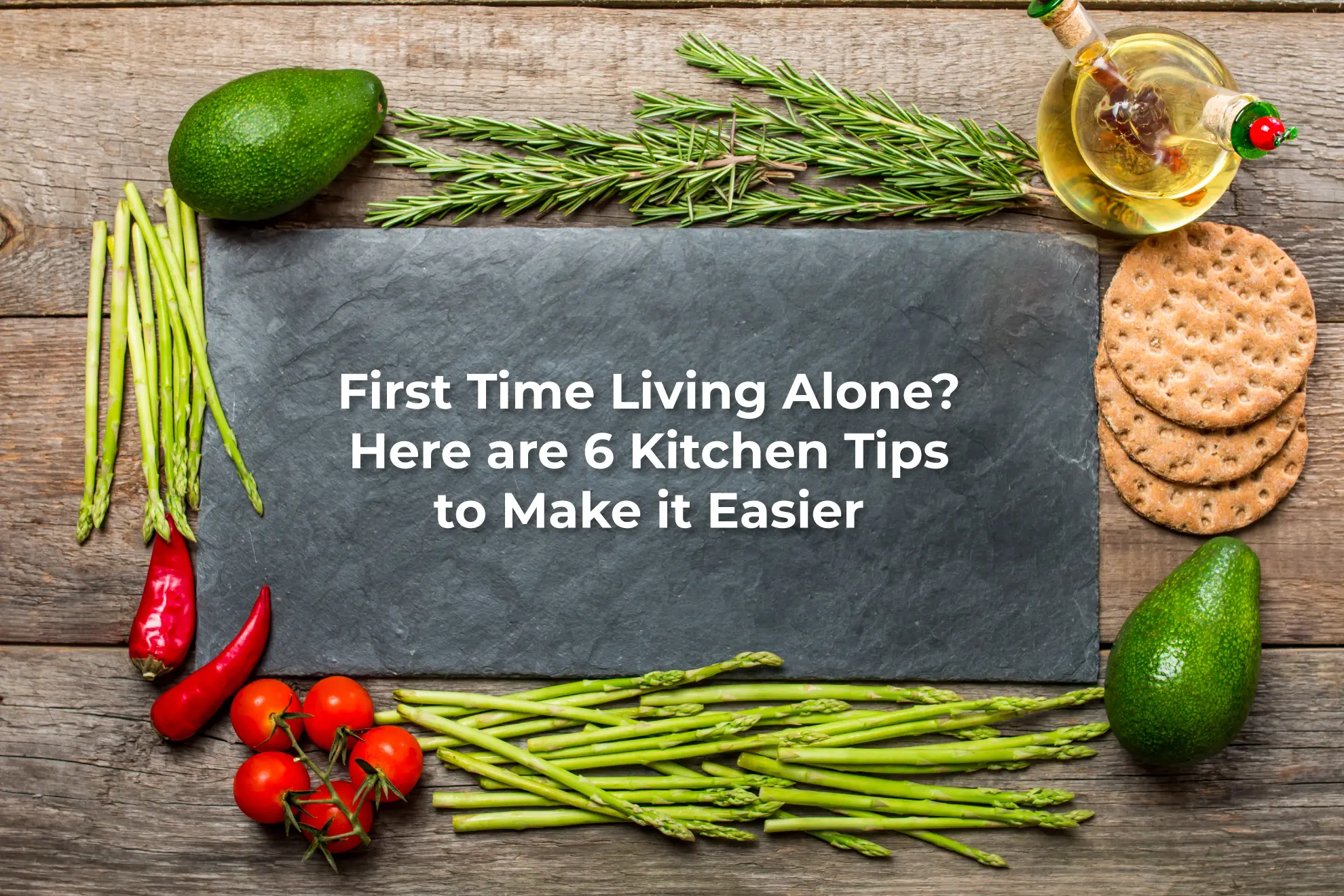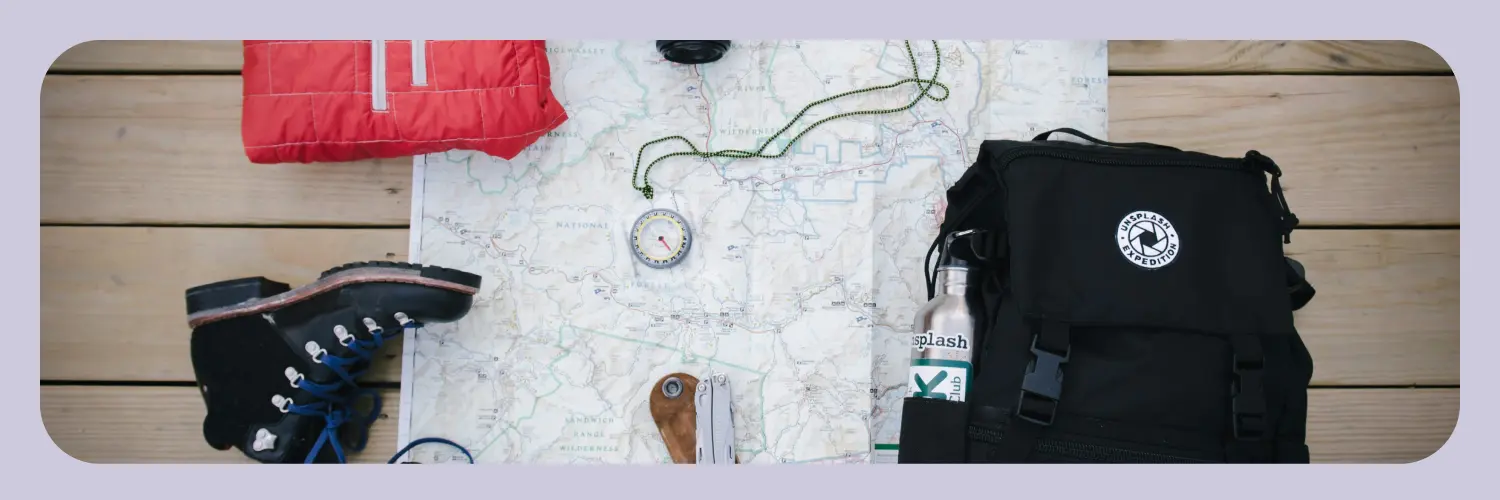
Essential Kitchen Tips For Students Living Alone Effectively
Kitchen Tips For Students Living Alone | Easy Food Hacks
1. Plan Your Meals:
Create a weekly meal plan to streamline your grocery shopping and ensure you have all the necessary ingredients on hand. This will save you time and reduce last-minute stress. When planning your meals, it’s essential to consider the nutritional requirements of a balanced diet. Include a mix of proteins, carbohydrates, fruits, vegetables, and fats to support your overall well-being and energy levels. This thoughtful consideration of nutrition enhances the overall quality of your easy-to-make student meals.
Planning ahead is a crucial kitchen tip in the journey of successful and stress-free cooking, particularly for students managing hectic schedules. Weekly meal planning is a fundamental aspect of this strategy. Allocating a specific time each week to plan meals allows you to consider various factors such as class schedules, study sessions, and social commitments, creating a realistic and achievable plan.
2. Invest in Basic Kitchen Tools:
Investing in basic kitchen tools is a fundamental kitchen tip step toward making your solo cooking experience smoother and more enjoyable. While relying on ready-made meals or takeout may be tempting, having the right equipment can empower you to create delicious and cost-effective dishes right at home. Pots and pans are the backbone of any kitchen. Having a few well-chosen pieces, such as a medium-sized saucepan, a non-stick skillet, and a larger pot for boiling pasta or making soups, can cover a wide range of cooking needs. Look for durable options that distribute heat evenly for consistent cooking results.
<
ul>
3. Learn Basic Cooking Skills:
Learning basic cooking skills is a game-changer for students living alone. These fundamental techniques, such as chopping, sautéing, boiling, and baking, are not just about making meals – they’re about gaining culinary independence. Knowing how to chop efficiently saves time during meal prep, while sautéing adds flavour to quick and easy student meals like stir-fries. Understanding boiling ensures perfectly cooked pasta or vegetables, and baking opens the door to a variety of homemade treats. Grilling and roasting bring out unique flavours, adding a delicious touch to your repertoire.
Beyond taste, safety is crucial. Learning proper food handling and hygiene safeguards your health. For students navigating the challenges of solo living, these basic kitchen and cooking skills empower you to create nutritious, budget-friendly meals, fostering a sense of confidence and self-sufficiency in the kitchen.
4. Utilise Time-Saving Ingredients:
For students living alone, time is of the essence. Time-saving ingredients like pre-cut vegetables, frozen fruits, pre-cooked proteins, canned beans, and store-bought sauces are indispensable. They not only expedite meal preparation but also cater to the hectic schedules of students, ensuring that cooking remains a manageable and enjoyable part of independent living. These ingredients offer a quick and efficient way to create wholesome, home-cooked meals, allowing students to strike a balance between nutrition and the demands of academic life.
5. Explore Budget-Friendly Recipes:
Mastering budget-friendly recipes is a game-changer kitchen hack for a student who lives alone. These recipes, often centred around affordable staples and DIY alternatives, save money and foster creativity in the kitchen. From one-pan wonders to vegetarian delights, these budget-friendly options ensure students can enjoy delicious, nutritious meals without straining their finances. It’s about making the most of every ingredient, minimising waste, and proving that cooking on a budget can be both satisfying and wallet-friendly for those navigating independent living.
Read more about some money-saving tips for students.
6. Stay Organized:
The organisation is a lifeline for students living alone. In a well-ordered kitchen, everything has its place, from pantry staples to leftovers. This makes cooking a breeze and helps in efficient meal planning and grocery shopping. Clear labelling, decluttering, and adopting a “clean as you go” approach ensure that the kitchen remains a stress-free space even in a busy student lifestyle. Being organised isn’t just about aesthetics—it’s a practical strategy that saves time, reduces waste, and makes the entire cooking experience smoother for those navigating the challenges of solo living.
7. Don’t Be Afraid to Ask for Help:
For students living alone, asking for help in the kitchen is a smart move. It’s not just about seeking solutions to cooking challenges; it’s a practical way to build confidence and skills. Whether turning to friends, family, online communities, or cooking classes, reaching out ensures that the kitchen isn’t a solo battleground. It transforms the cooking experience into a collaborative journey, fostering a sense of community and offering valuable insights that make independent living more enjoyable and fulfilling.
Living alone as a student can be exciting, but it also comes with challenges, especially managing finances. Food, a major expense, can be a significant struggle for students trying to make ends meet. This is where Niyo Global’s Zero Forex Markup card helps. Now, you can load money from an Indian bank account instantaneously and spend it abroad without worrying about exchange rates or additional charges. Plus, it is way cheaper than international credit cards, forex cards, or wire transfers! Over 20K students use the card globally. Get your card today!







